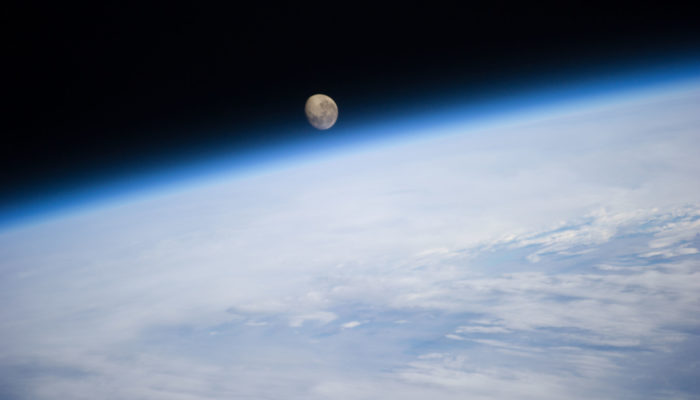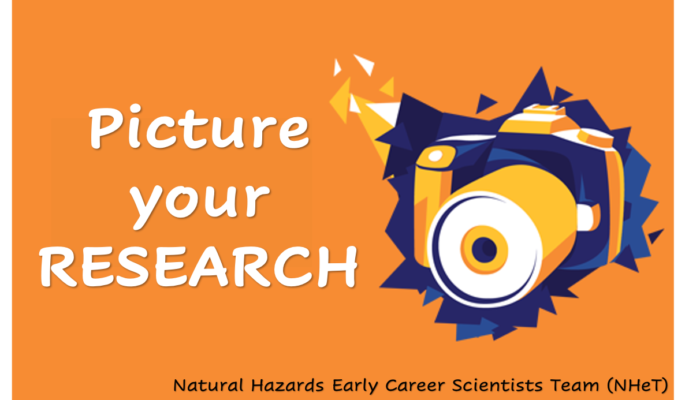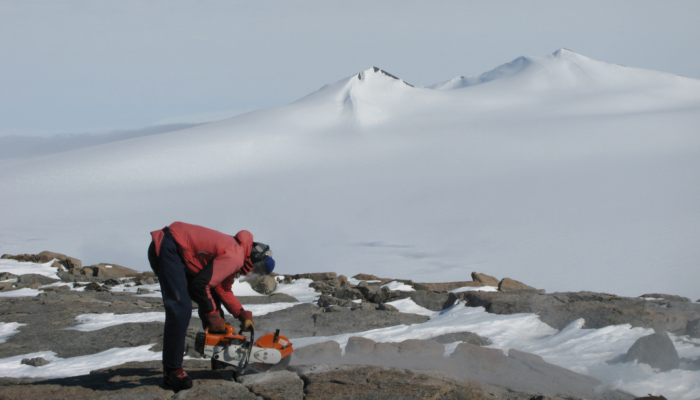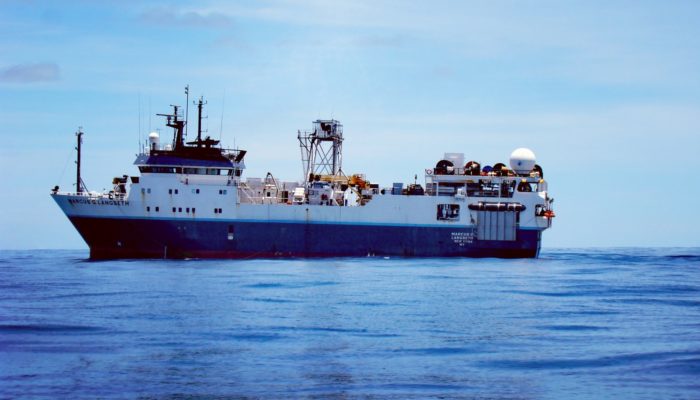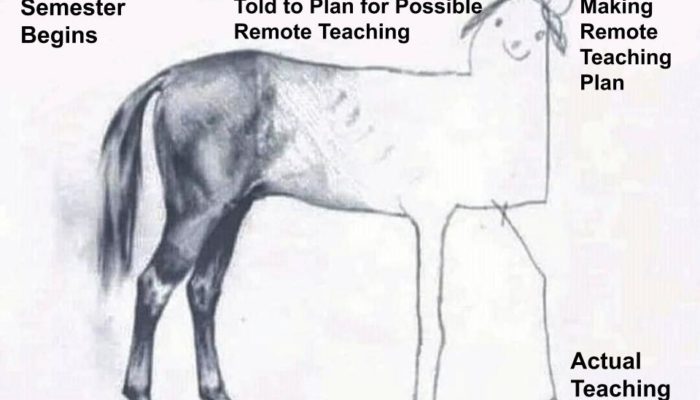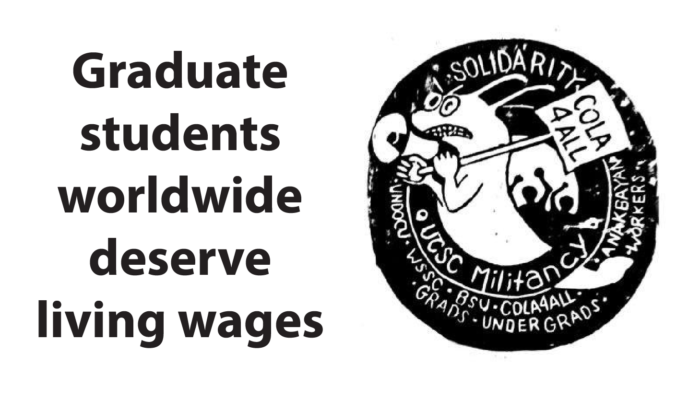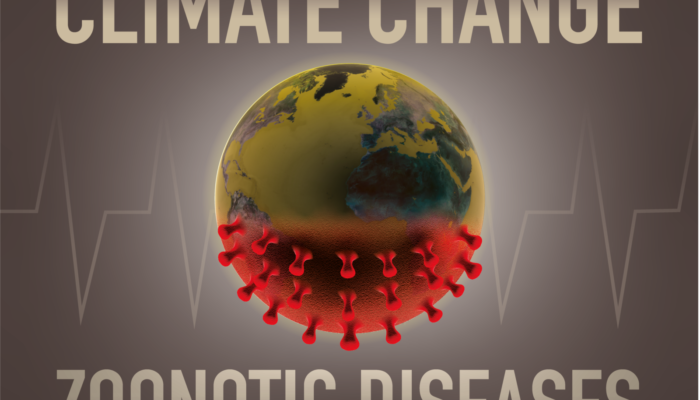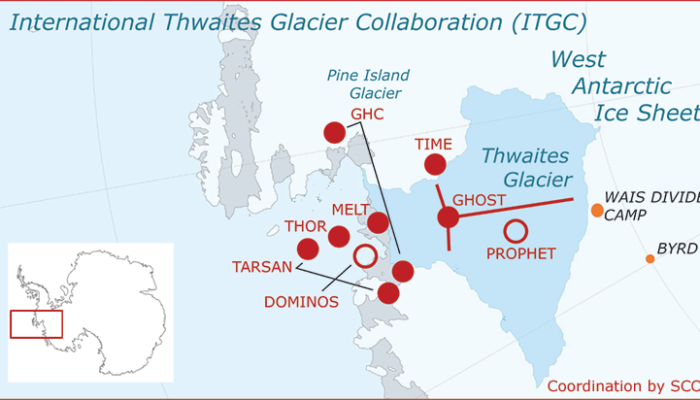This week on the GD Blog we are taking a magical geodynamicist’s mystery tour to our planet’s Moon thanks to Tobias Rolf, Researcher at the Centre for Earth Evolution and Dynamics (CEED) at the University of Oslo, Norway (currently a Visiting Researcher at the Institute of Geophysics at the University of Münster, Germany). Imagine you are orbiting the Earth at an altitude of a few hun ...[Read More]
Natural Hazards
Blog column – PICTURE YOUR RESEARCH!
Working on natural hazards brings you to places (physically and virtually) you might never have discovered otherwise. You look at the world while asking questions about places, situations, relationships, and interactions of the natural processes surrounding you, inspiring your scientific potential. The Natural hazard Early Career Scientists Team is interested in your natural hazard research and wo ...[Read More]
Cryospheric Sciences
Radiocarbon rocks! – How rocks can tell us about the history of an ice sheet…
When most people hear the phrase “radiocarbon dating”, they think of measuring carbon to date organic material. But did you know that carbon is also produced within rocks, and that we can use it to learn about the past behaviour of a glacier? About 20,000 years ago it was colder and large parts of the continents were covered by ice. But what did Antarctica – the largest ice mass ...[Read More]
Geodynamics
The Sassy Scientist – COVID Crisis Care
Michaela is stuck at home, both physically and mentally, with the hope that she does not catch nor spread the new COVID-19 virus. Without the comforting environment of her own university desk, and not the itchy couch at home that’s hardly been sat on, she wonders: What is the best approach to efficiently work from home? Dear Michaela, Feeling your pain of enforced home isolation, I wonder to ...[Read More]
Seismology
Representing the Possible: Milena Marjanović
I remember the first lecture vividly, it was on Plate Tectonics. From that moment, I knew what my profession will be What is your story, Milena? I am a Marine Geophysicist interested in exploring plate boundaries, in particular, mid-ocean ridges using active source seismology. I am a sea-going researcher, which means that every now and then, I tend to spend several weeks (up to a couple of months ...[Read More]
Hydrological Sciences
When the students are gone: Transition to online teaching
With the ongoing Corona crisis, universities are closed and in-person classes are/were rapidly transitioning to online courses with only little time for preparation for instructors. Preparing online classes usually takes lots of effort and time, which is why we should probably all just release ourselves from too high expectation. Motivated by the ongoing discussion on Twitter about the challenges ...[Read More]
Geodynamics
Graduate students worldwide deserve living wages
‘Now, more than ever, we need science’, thinks the editor of this blogpost as he works from his small studio paid by a rent-burdened academic salary while under lockdown in California due to the COVID-19 pandemic. However, the need for an open, fair, inclusive science seems to be ignored all across the world by policy makers and university administrations, who refuse to pay graduate st ...[Read More]
Tectonics and Structural Geology
Mind your head: Taking care of yourself during the Corona-virus crisis
By now more and more countries in Europe are hit by the Corona-virus, leading to increasingly strict measures and closures of many public places. We are being asked or obliged to work from home, to limit social contact by staying away from bars, restaurants, sports clubs, museums, theatres and all other places where gatherings of people take place. Simultaneously, we continue to receive worrying m ...[Read More]
Climate: Past, Present & Future
Are the risks of zoonotic diseases rising in the Anthropocene due to climate change?
The recent coronavirus outbreak (i.e., nCovID-19; Fig. 1) has caused global panic, along with widespread travel bans, home quarantines and country-wide lockdowns. The World Health Organization (WHO) declared nCoVID-19 as a pandemic as of March 11th, 2020 (WHO, 2020). To tackle this global health crisis, scientists are attempting to synthesize a vaccine, while countries are trying to mitigate the n ...[Read More]
Cryospheric Sciences
What’s up on Thwaites Glacier?
With the West Antarctic Ice Sheet currently losing ice at a fast pace, leading to sea-level rise, it is very important to better understand the processes by which this ice melting occurs. In this context, Thwaites Glacier is a very good case study of an accelerating glacier, which contributes substantially to sea-level rise, and for which a huge scientific collaboration effort has recently been se ...[Read More]

